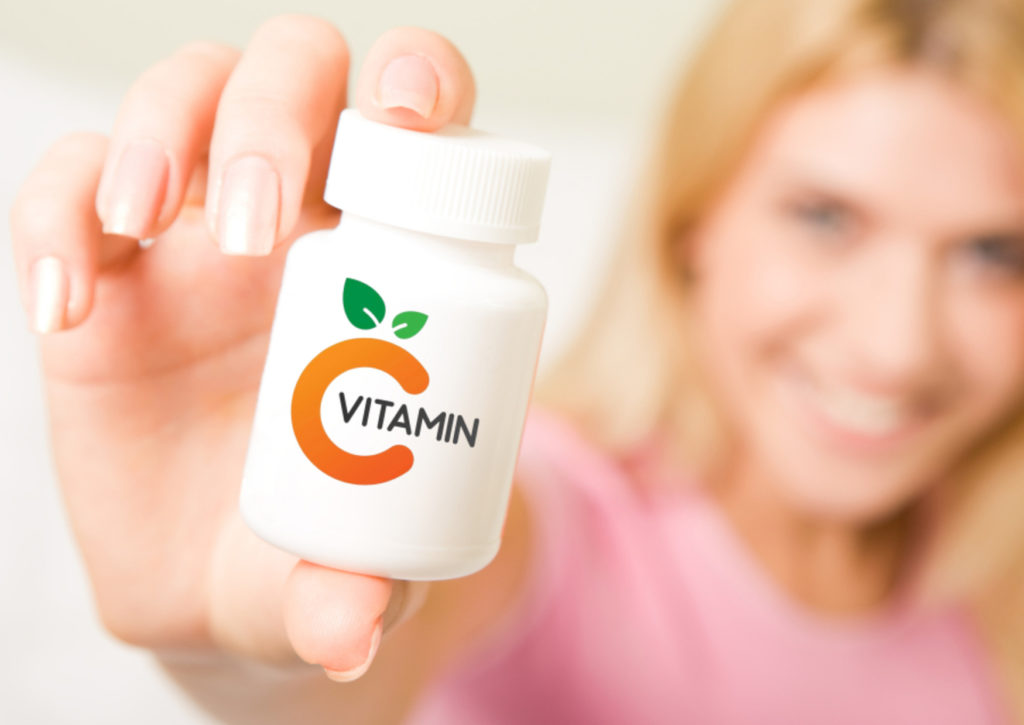
Every morning, I drink a glass of water with my vitamins as soon as I wake up. They help me prepare for the day with a lot of energy. I take several vitamins based on my needs: a multivitamin, a probiotic, and vitamin D and fish oil supplements.
Vitamins are organic substances essential for health and growth. If a vitamin is missing from our diet or we cannot absorb it properly, our whole organism can gradually decline, leading to disease over the years.
In 1905, English scientist William Fletcher observed that there is a relationship between what we eat and certain diseases. He concluded that some illnesses could be prevented by eating rice because this food had particular nutrients, which we now know as vitamins. In 1912, Polish scientist Cashmir Funk coined the term VITAMIN by combining two words, VITA, meaning life, and AMINE, for the chemical substance present in Dr. Fletcher’s initial research.
Although vitamins may prevent or cure some diseases, they are also necessary for practically all the functions of our organisms. We think of vitamins C as a way to prevent and fight colds. No, vitamin C doesn’t stop or fight colds. It strengthens our immune system, which then attacks cold germs.
Vitamin C is necessary for cartilage growth, bones, teeth, and wound healing. In addition, it contributes to the structure of muscles and blood vessels. Another vitamin – B6 – is not as renowned as vitamin C, but it is just as essential for good health. Vitamin B6 cannot claim to cure things instantly like other vitamins, but it is known as the master vitamin in amino acid processing.
Since the body is a “closed system,” vitamins, like any other nutrient, must be obtained from the foods we eat. Fruits and vegetables are the primary sources of vitamins. If you eat a varied diet, you will likely get the vitamins and minerals you need to perform the routine functions that keep your body healthy. However, you are not entirely immune to further issues.
The heating process tends to remove some of its beneficial nutrients when you cook your food with heat (grilled, fried, baked). In addition, if you suffer from stress or take medication, you may lose significant amounts of the vitamins and minerals you consume. Taking a vitamin complex can increase your chances of meeting your body’s nutritional requirements.
The body cannot create or manufacture vitamins. The only way to get them is through diet or supplements. It is essential to remember that vitamins cannot replace food.
Eight vitamins to be healthy.
Vitamin A. Repair & growth of body tissues. Protects mucous membrane of mouth, throat, lungs, and nose. Helps maintain smooth, disease-free skin. Counteracts night blindness. Reduces the risk of lung and certain types of oral cancers.
Vitamin B1. Aids in the digestion of carbohydrates. Essential to the normal functioning of the nervous system, heart, and muscles. Stabilizes appetite. Promotes growth. Generates energy.
Vitamin B2. Aids in the formation of red blood cells and antibodies. Essential for carbohydrate, protein, and fat metabolism. Promotes general health. Necessary for maintaining good skin, nails, hair, and good vision. Maintains cell respiration.
Vitamin B6. Building blocks of protein. Necessary for synthesis and breakdown of amino acids. Promotes healthy skin. Aids in the production of antibodies. Reduces muscle spasms and leg cramps. Helps maintain a proper balance of phosphorus and sodium.
Vitamin B12. It prevents anemia by helping form and regenerates red blood cells. Necessary for fat, carbohydrate, and protein metabolism. Increases energy. Promotes growth in children. Maintains a healthy nervous system.
Vitamin C. Helps heal wounds, scar tissue, and fractures. Essential for healthy bones, teeth, and gums. Builds resistance to infection. Prevents scurvy. Gives strength to blood vessels. Aids in the absorption of iron are essential for synthesizing collagen.
Vitamin D. Required for bone and teeth formation. Improves absorption and utilization of phosphorus and calcium. Maintains a stable nervous system.
Vitamin E. Retards cellular aging because of oxygen. Alleviates fatigue by supplying oxygen. Prevents and dissolves blood clots. It helps avoid sterility—aids in bringing nourishment to cells.
ALERT! Globally, more than half of children younger than 5 years old suffer from vitamin and mineral deficiencies.
More information: CDC
